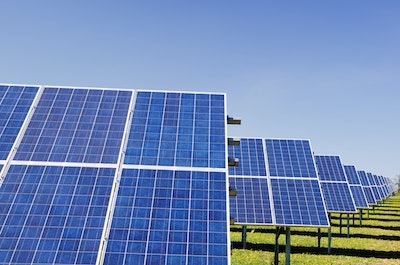On May 9-10, 2025, the workshop convened leading scholars, policy experts and practitioners to examine how the intensifying geopolitical rivalry between the U.S. and China is reshaping opportunities and barriers for collaboration on climate mitigation, technology deployment and supply chain resilience.
The workshop consisted of presentations in six thematic panels that centered on climate policy developments in China, the U.S., and other global economies, especially in areas of green industrial strategy, clean energy investment, data security, critical minerals and the role of subnational and academic engagement.
A recurring theme is that competition in green technology is here to stay, and that managing geostrategic concerns is more practical than dismissing or ignoring them. Some elements to managing this tension include clear guidelines for distinguishing national security threats from economic competition, mutual understanding surrounding the increased use of industrial policy and its impacts on global trade, and leveraging alternative channels where security or geopolitical considerations are less relevant, such as subnational governments, academia and industry.
The workshop also identified opportunities for targeted diplomacy, improved business environments, and proactive leadership from interested parties.
Recommended citation:
21CCC, Power Transformation Lab, & Fudan-UC Center. (2025). Key Takeaways from San Diego Workshop on Climate and U.S.-China Relations. UCSD 21st Century China Center, Power Transformation Lab, Fudan-UC Center on Contemporary China. Retrieved from https://china.ucsd.edu/_files/policy/2025-05_21China_Workshop-Takeaway.pdf

